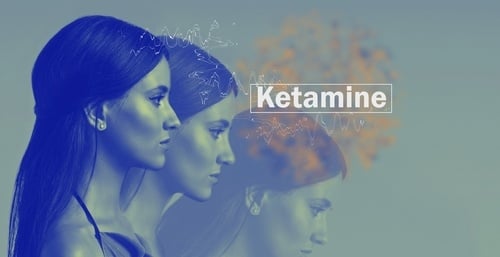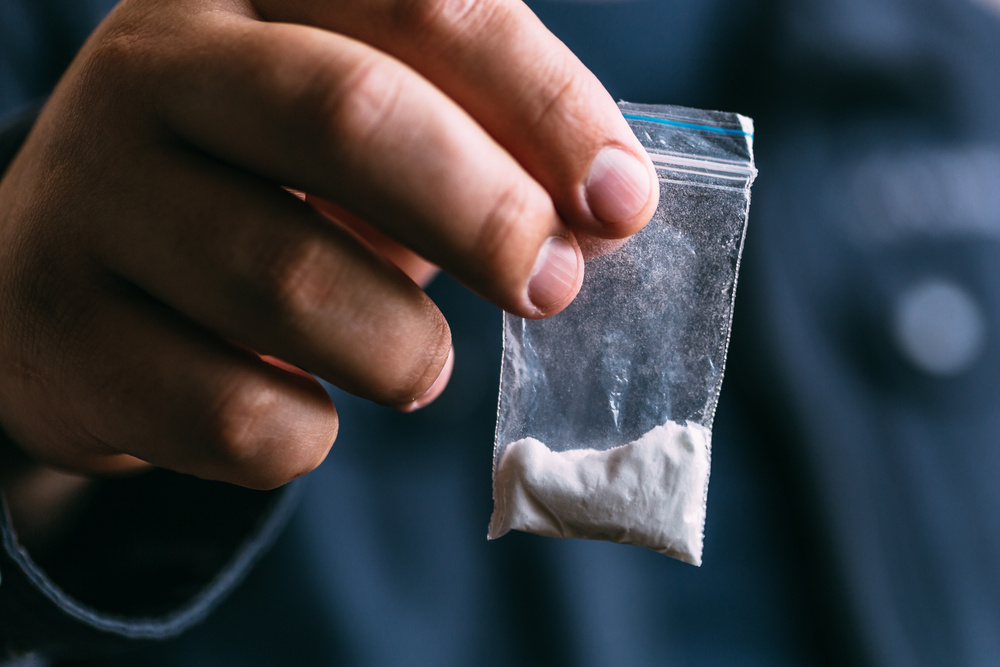Depression is a medical condition that affects feelings, behavior and actions. The human brain is full of neurotransmitters, which are mediums of signal transmission between brain cells.
One of the neurotransmitters is serotonin, which regulates mood. SSRIs, or selective serotonin reuptake inhibitors, are the primary pharmaceutical drug used to treat depression. But increasingly, people are turning to psychedelic therapies because they have fewer side effects. Keep reading to discover the risks and potential of SSRI and psychedelics.
What are SSRIs?
When serotonin is released in the brain, it binds to receptors and regulates mood and emotions. Soon after, the serotonin is reabsorbed into the neurons that released it. In people with depression, this reuptake of serotonin can severely impact how a person feels and behaves. SSRI medication stops the reuptake of serotonin to improve mood and reduce anxiety in people with depression.
SSRIs are mostly prescribed for severe depression. By preventing serotonin reuptake, this medication improves the transmitter's volume in the brain. As a result, a person with depression can stay functional alone or in social situations without feeling overwhelmed by bad feelings.
Treatment resistant depression sometimes requires a combination of therapies. SSRIs have proven effective in helping people with treatment resistant depression adhere to cognitive behavior therapies. Later on, we will examine whether psilocybin and SSRI therapies can work well.
SSRIs Side Effects
Even with all the benefits of SSRIs, some of the severe side effects have made people averse to taking the medication. Some patients usually prefer a combination of the medication with some other types of therapies, such as CBT or psychedelics. In the near future combining SSRI and psychedelics could become popular to subvert severe SSRI side effects. These include:
Lower libido
Cases of low libido or sexual dysfunction are not uncommon with depression medications. SSRIs might cause erectile dysfunction or low libido in women, culminating in even worse symptoms of depression. This is one of the reasons patients are turning to SSRI and psychedelics.
Emotional bluntness
Interestingly, while SSRIs are effective mood stabilizers, on the extreme end of the spectrum, they can lead to emotional numbness. The patient can feel neither sad nor happy at this point in the treatment. Using SSRIs and psychedelics can potentially diminish this risk.
Stomach upsets
Gastrointestinal issues such as diarrhea and constipation can occur when people with depression take SSRIs. Scientists have found that serotonin reuptake inhibition can directly impact gut function.
Weight gain
One of the culprits of depression related weight gain is SSRI medication. The mechanism of how this occurs is not yet fully understood. However, a critical number of reported cases show that metabolism, appetite control and serotonin may be related more than we think. SSRIs and mushroom therapies may reduce the risk of weight gain in depression.
Psychedelics for Treatment Resistant Depression (TRD)
While SSRIs are the primary therapy for the treatment of depression, psychedelics are quickly becoming mainstream. Now, keep in mind that psychedelics are a class of hallucinogenic substances that alter mood perception and cognitive activities in the brain. For that reason, psychedelic therapies are used only in microdoses. In the USA, licensed psychedelic clinics offer microdosing therapies for depression using magic mushrooms.
The mode by which psychedelics work is interesting and is the key to understanding whether SSRI and mushrooms is a smart combination. These substances reset the brain and help the patient achieve stable mood and social confidence.
They make anxiety disappear. In research, this whole experience is explained under neuroplasticity. This is the brain's ability to form new neurons and given that neurons are responsible for feelings, behavior and personality, a TRD person using psychedelics taps into rapid transformation.
Benefits of Psychedelics for TRD
Long-lasting new forms of thinking: Through neuroplasticity, psychedelics allow a person to form new forms of thoughts that are above depressive thinking.
Disrupted negative thinking patterns: Neuroplasticity disrupts deeply ingrained negative behavior patterns. This makes the patient more accepting of new ideas and a new wellness identity.
Enhanced emotional processing: Psilocybin increases emotional awareness, and the person can confront and overcome deep emotional trauma.
Facilitating transcendent experiences: Psilocybin can lead to profound experiences that people have labeled as ‘ego’ dissolution or “dissociative” out-of-body experiences. These can shift a patient’s perspective, make them see meaning in life and increase their sense of self-love and self compassion.
Psychedelics and SSRIs
As mentioned before, combining depression medication with other therapies, such as cognitive behavior therapies, is common. As for psychedelics, the scientific community is still deeply divided, and for that reason, most psychedelic treatment centers only accept patients who are not on SSRIs. Are SSRI psilocybin treatments safe?
Let’s examine both sides and discover why forward-thinking therapy centers are open to combining SSRI and psychedelic treatments.
Serotonin syndrome
As mentioned earlier in this post, SSRIs improve the availability of serotonin in the brain. However, psychedelics also stimulate more serotonin release, and therefore, a combination of SSRIs and psychedelics is likely to cause excessive serotonin in the brain.
This phenomenon is known as serotonin poisoning or serotonin syndrome.
Some of the symptoms of serotonin poisoning include
-
Hallucinations
-
Diarrhea
-
Loss of coordination
-
Abnormal eye movement
In a study done in the 80s where a subject combined psychedelics and SSRIs, they experienced these symptoms for 5- 6 hours.
Microdosing mild psychedelics and SSRIs
Severe reactions occur when combining depression medication with strong psychedelics such as MDMA, Marplan, and Nardil. However, psilocybin is a mild psychedelic, and studies on microdosing have shown that it doesn't excessively increase serotonin concentration. Combining shrooms and SSRIs is generally safe. Both psilocybin and LSD have a low risk of causing toxicity of serotonin.
A survey done among subjects showed there is a very low risk of serotonin syndrome when combining SSRI and psilocybin. DMT and SSRI therapies also have fewer severe interactions.
People on SSRIs and psychedelics may experience reduced psychedelic effects but with benefits such as improved emotional processing and reduced negative thought patterns.
Patients using psilocybin SSRIs under close monitoring may experience faster relief from some of the symptoms of depression, such as anxiety and hopelessness. Psychedelic and SSRI clinics offer microdoses of substances such as psilocybin while closely monitoring and guiding the patient. In these settings, psilocybin and SSRI treatment can be stopped, reduced or continued based on patient response.
There is a low likelihood of serotonin toxicity when mushrooms and antidepressants are carefully dosed, and the patient is closely supervised. Slightly reducing SSRI doses and combining them with psychedelics such as psilocybin may help to cancel some of the negative side effects of SSRI, such as sexual dysfunction and emotional bluntness.
SSRIs and Psychedelics Could Be Game-Changing
While extensive research is needed on the subject, combining the right dose of SSRI and psychedelics can be revolutionary for treatment resistant depression. However, caution is necessary not to trigger serotonin poisoning or cause severe side effects such as hallucinations when administering SSRI psychedelics.




